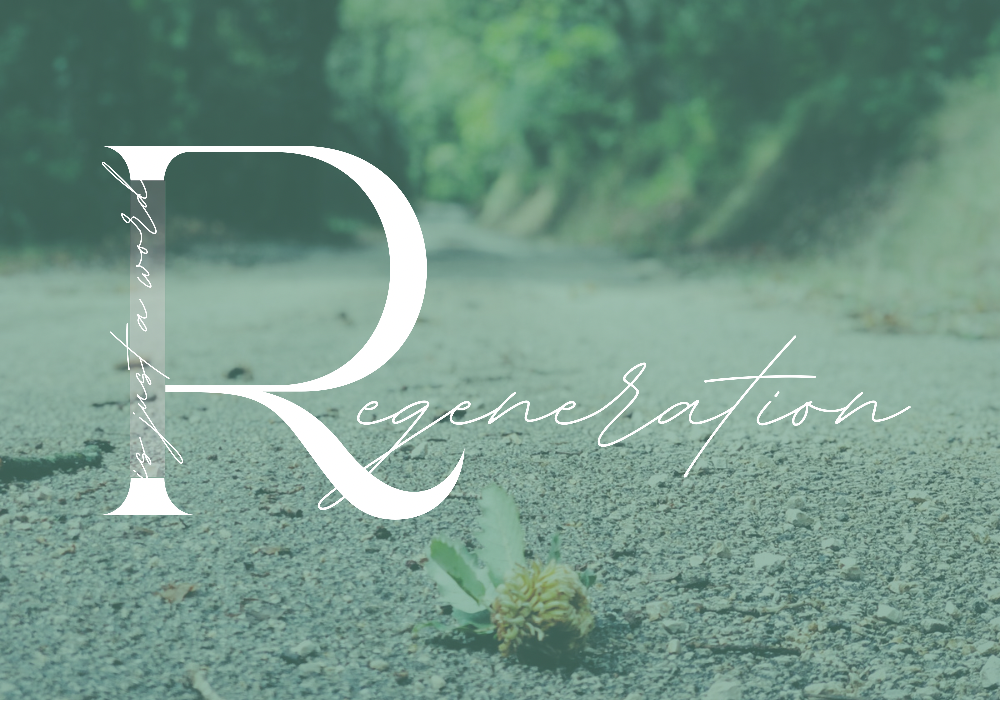
At Founders of Tomorrow’s TechBBQ panel debate in September this year, we discussed the concept of regeneration with everyone in the tent. Most of the people joining were fellow Founders of Tomorrow alumni, a fantastic – and remarkably inclusive – yearly program, which this year focused on regeneration.
This precondition for a shared language around regeneration among the alumni group allowed us to have a slightly deeper conversation, but – as several of us discussed afterwards – also sharply highlights how exclusive a concept such as regeneration quickly can become. Exclusive in the sense of excluding.
And the regenerative agenda will not reach its full potential, if it excludes. If it excludes, it is not regenerative in itself. And that is the whole complex, brilliant point at the heart of regeneration, in my own felt understanding of where we can go with this:
If (if!) we can design good processes with this idea, we will get there. It’s a means-and-end situation: If we do not use regenerative means to get there, we will not get to a regenerative end.
In order to aim for inclusion, we can try and consider the words we use. The LIX count (readability measure indicating the difficulty of reading a text) of the regenerative agenda is quite high, isn’t it? Both literally and figuratively. Just consider the words ‘literally’ and ‘figuratively’! This article in itself is for sure not walking the talk of keeping to inclusive readability. But I’m talking to us. Relatively likely you are also among the WEIRDest people in the world (Western Educated Industrialized Rich Democratic).
Josie Warden & Jenny Anderson attempt to talk about regeneration in a new, great paper on Regenerative Futures like this:
“Having a regenerative mindset means seeing the world as a living system, (…) where humans, other living beings and ecosystems rely on one another for health.” Applying this mindset is “a deliberate and intentional aspiration to move people, place and system towards the next level of evolution that is within its potential”.
Maybe we can move towards the next level within our potential by accepting that everything and all of us are connected. It’s a challenging, vulnerable, maybe scary thing to accept and even harder to integrate. The consequence of that would be that we design processes that open up conversations, allowing space for many voices. Edit the complexity of our words and in return get to be part of a more complex reality?
My personal contribution today from the camp of word nerds and connective communication dreams: I understand practical regeneration in its simplest form as connection. When we listen to each other and deeply hear. When we help each other be heard. Let’s keep talking. Keep building understanding together. Keep aiming for what we need.
Ideas for regenerative reflection:
- What is happening around you right now?
- Could you have a talk with yourself about what you need from the world to be okay? Maybe someone else needs that too. Could you talk to that someone else about how to maybe get what you both need one day?
- Who are you not talking to? What do they need that is different from your needs?
- What does the world need from you? What do other humans, other species, the world need from you to be ok?
- How are you connected and how can that connection be one where you reinforce, support and give back to one another?
- What can you do now?
